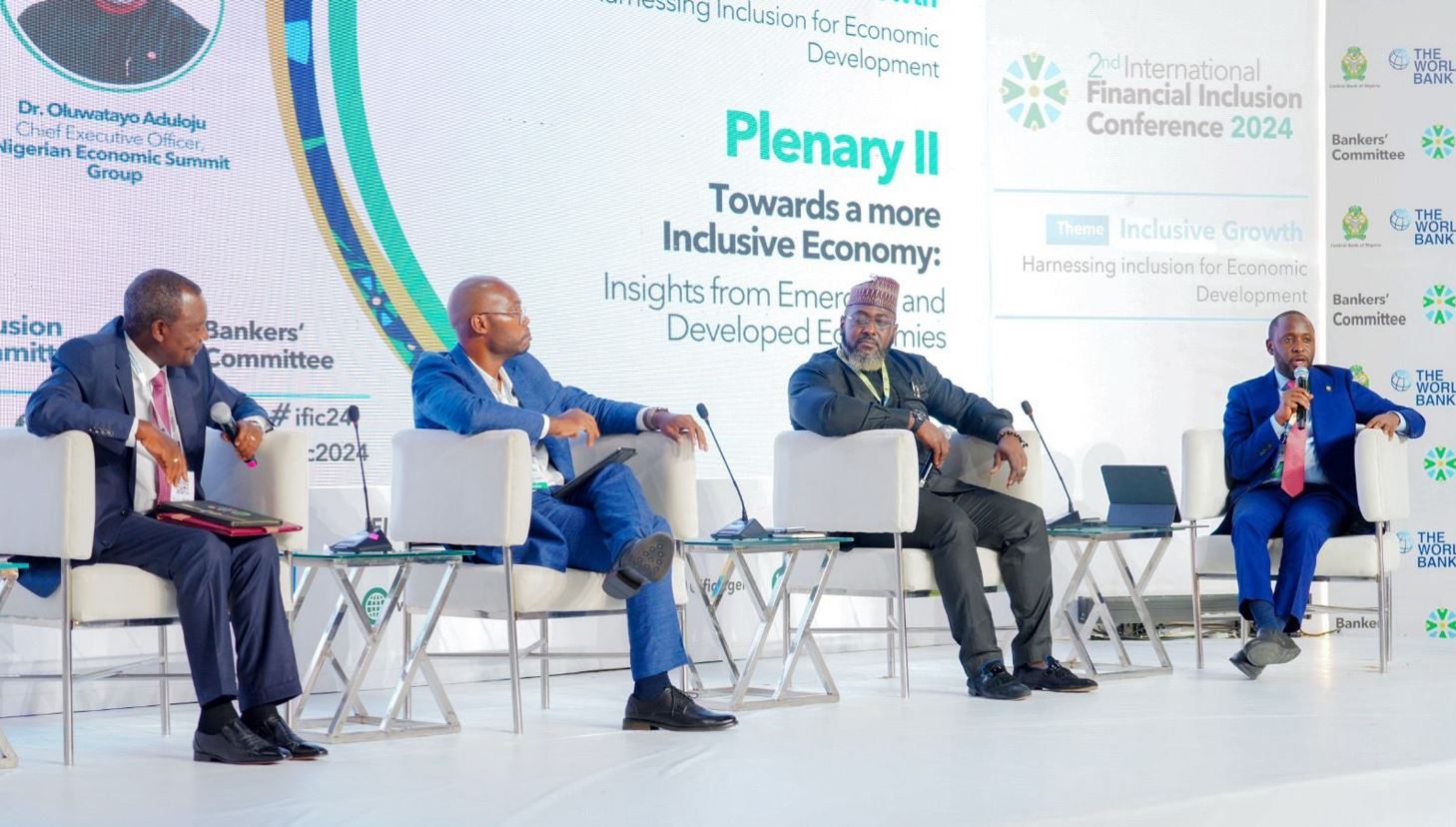advertisement
Insights From International Financial Inclusion Conference 2024

The recently concluded International Financial Inclusion Conference (IFIC) 2024, held on 12 – 13 November at Landmark Event Centre in Lagos, Nigeria, was a significant gathering of global financial leaders, policymakers, and innovators. The event focused on the theme “Inclusive Growth: Harnessing Financial Inclusion for Economic Development,” highlighting the critical role of financial inclusion in driving economic prosperity.
The conference emphasized the importance of digital identity as a foundational element for financial inclusion. A robust digital identity system enables individuals to access financial services, conduct transactions, and participate in the formal economy.
Mobile money services and innovative fintech solutions were identified as powerful tools to reach the unbanked and underserved populations. These technologies can provide affordable and accessible financial services, particularly in rural areas.
advertisement
While digital finance offers immense potential, it is crucial to address data privacy and security concerns. Strong regulatory frameworks and robust cybersecurity measures are essential to protect consumer data and build trust in digital financial services.
The conference underscored the need to empower women economically through financial inclusion. By providing women with access to credit, savings, and insurance, we can contribute to gender equality and social development.
Educating young people about financial literacy is vital to ensure their long-term financial well-being. Financial literacy programs can help young people make informed financial decisions, manage debt, and save for the future.
advertisement
Collaborative efforts between governments and the private sector are essential to drive financial inclusion. Public-private partnerships can leverage the strengths of both sectors to develop innovative solutions and scale financial services to underserved populations. A supportive regulatory environment is crucial for fostering financial inclusion. Clear and efficient regulations can facilitate innovation, attract investment, and protect consumers. Governments and financial institutions should prioritize financial education initiatives to raise awareness about financial products and services.
Some of the challenges and opportunities in the Nigerian context include infrastructure, financial literacy and regulatory framework. Addressing infrastructure challenges, such as reliable internet connectivity and electricity supply, is essential for the widespread adoption of digital financial services. Improving financial literacy among the Nigerian population is crucial to empower individuals to make informed financial decisions and a conducive regulatory framework can accelerate the growth of the fintech industry and promote innovation.
The International Financial Inclusion Conference 2024 provided a valuable platform for stakeholders to discuss the latest trends, challenges, and opportunities in the field of financial inclusion. By leveraging technology, fostering public-private partnerships, and prioritizing financial education, Nigeria and other African countries can accelerate their journey towards a more inclusive and prosperous future.